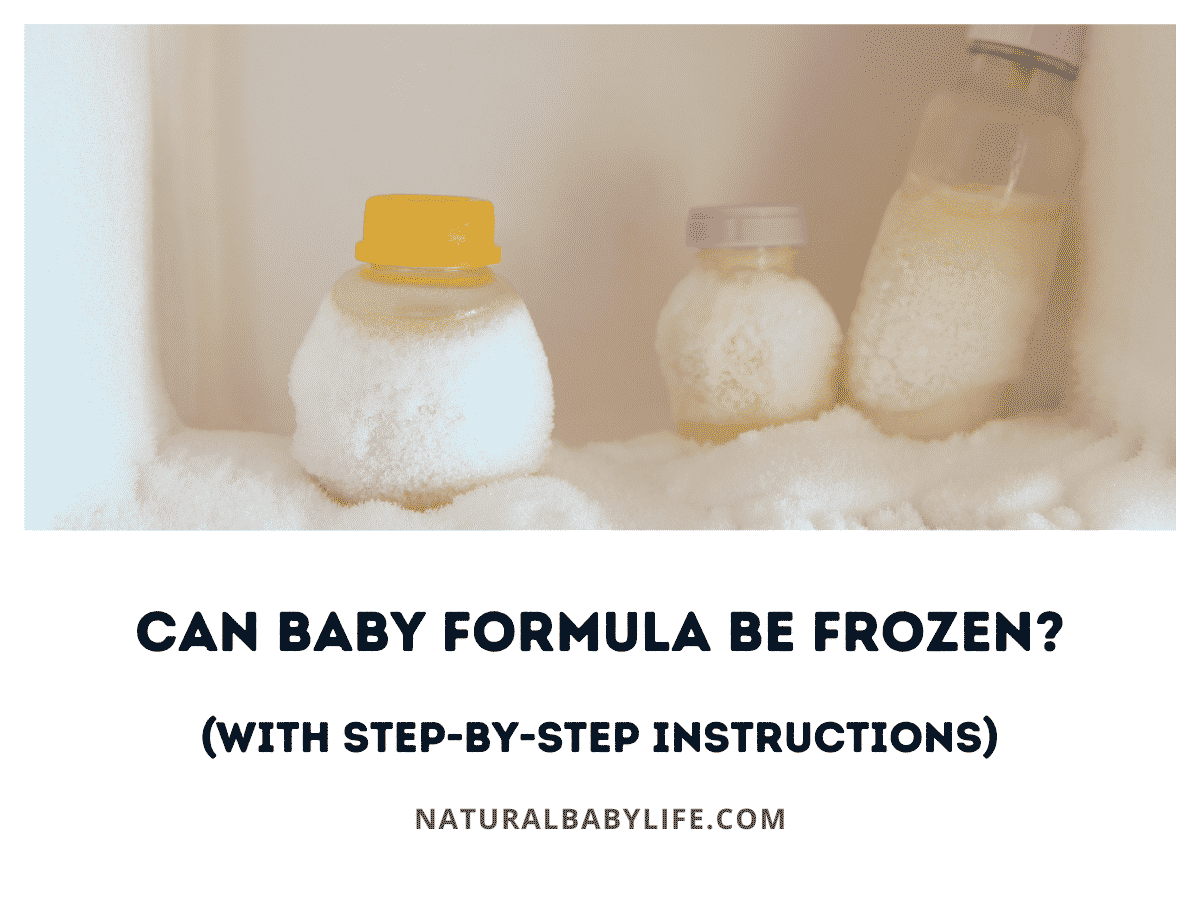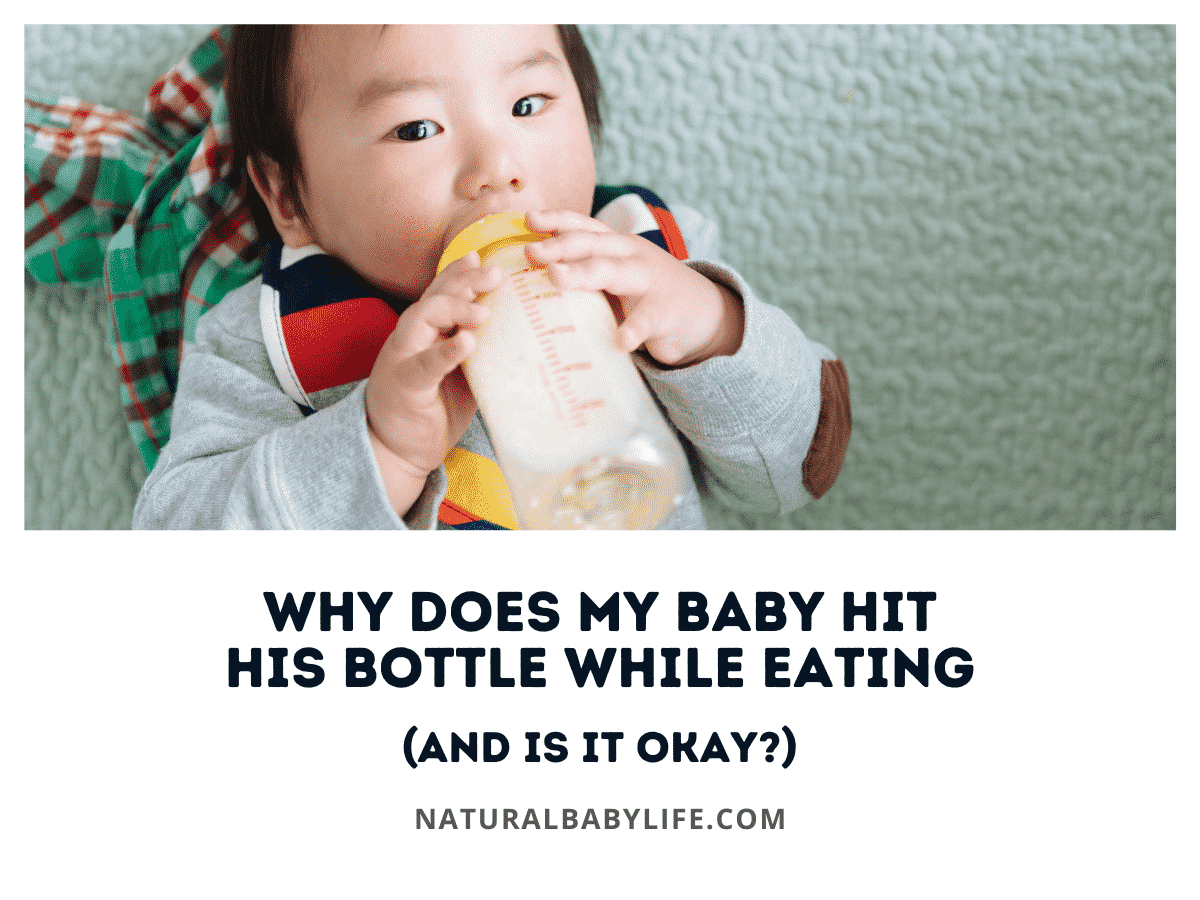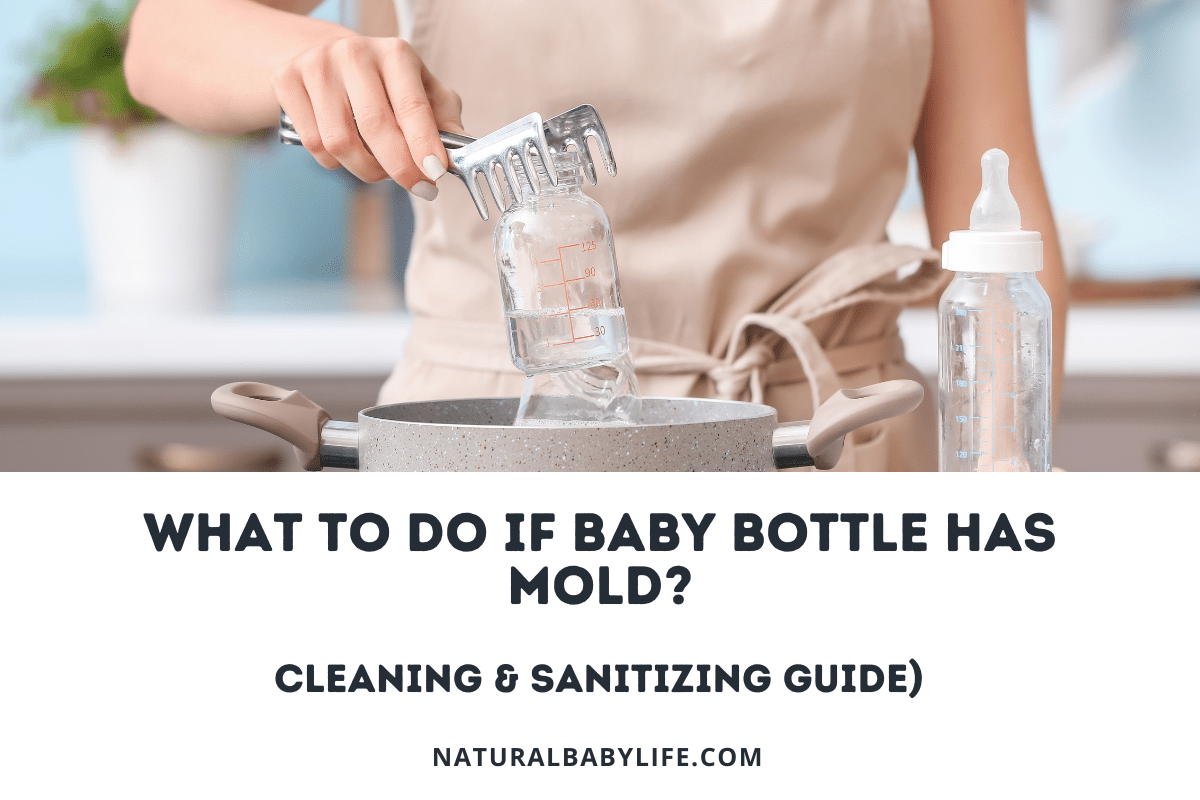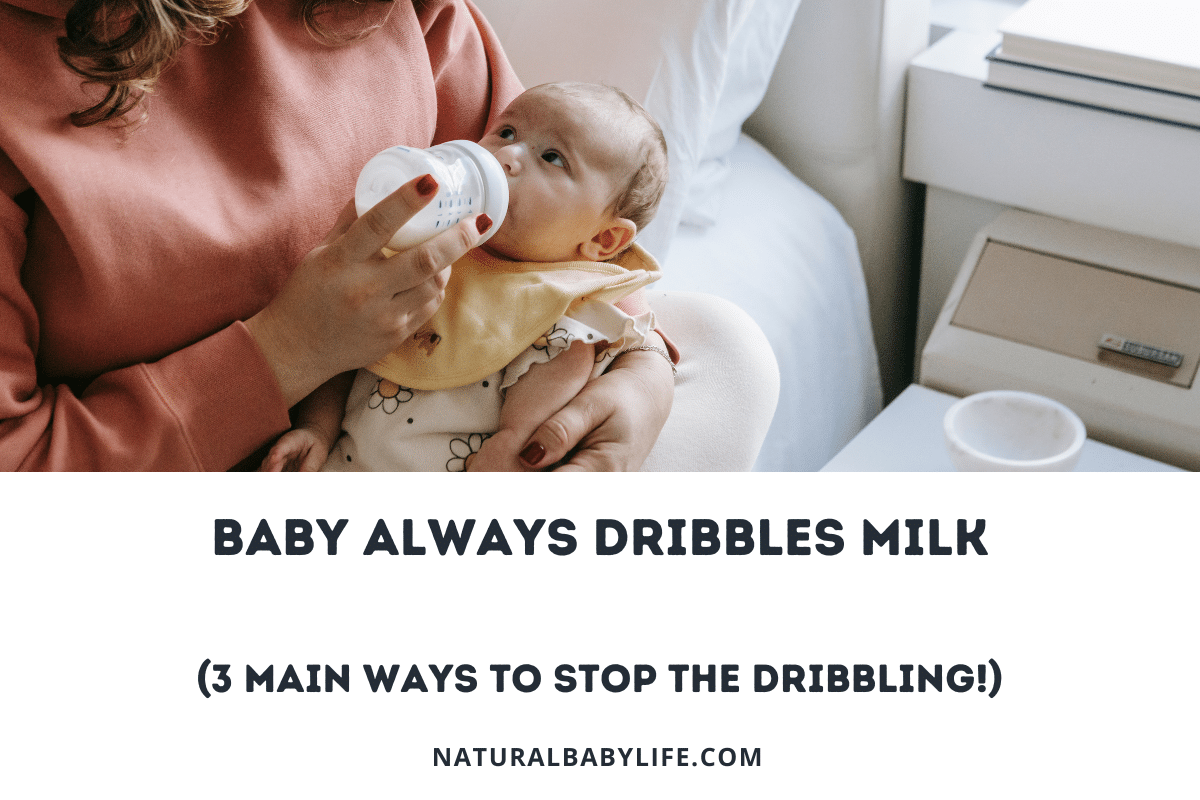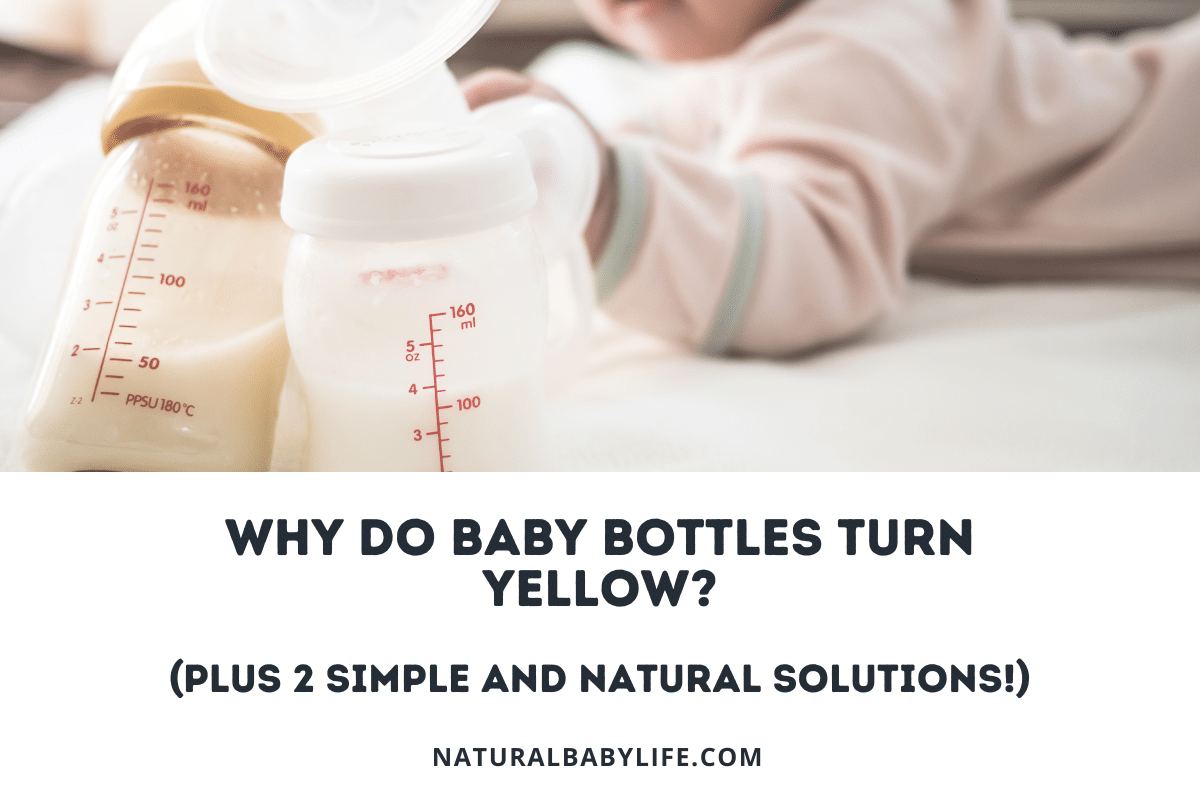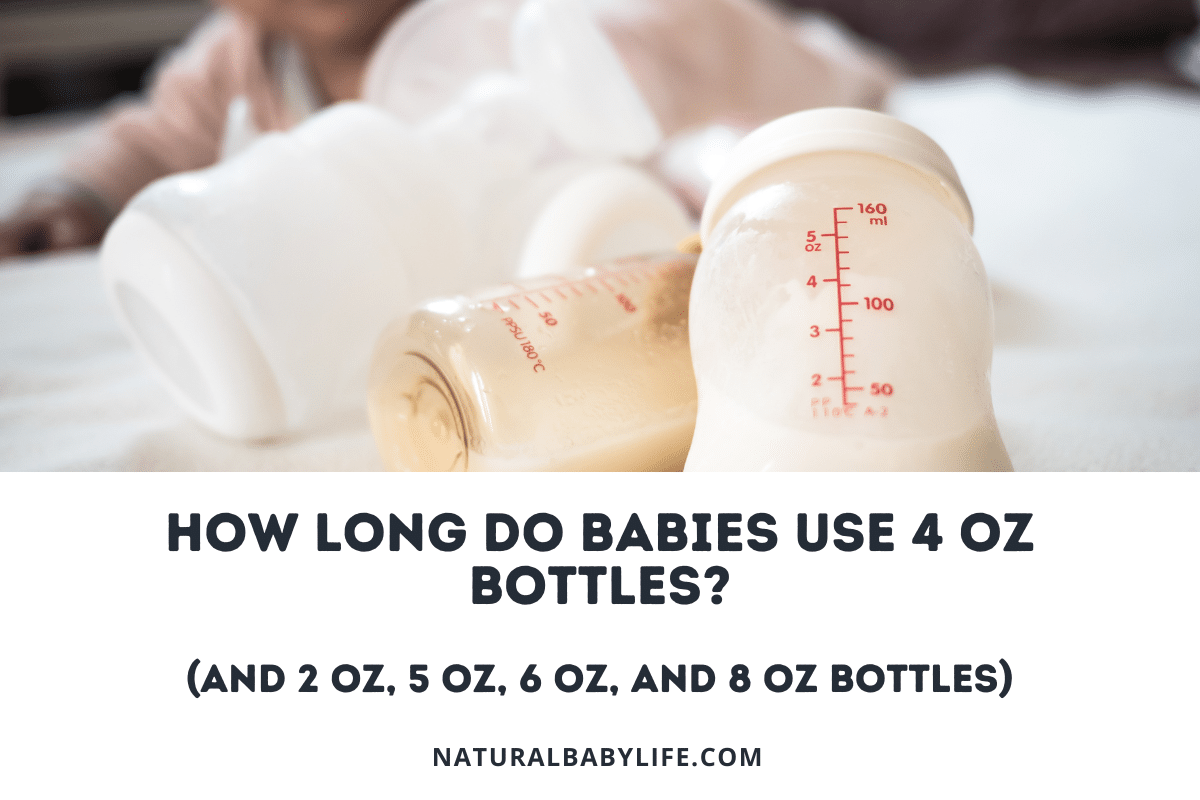You probably know that baby formula is only good for a couple of hours after you make it, but can you avoid the waste by freezing it?
Most baby formula packages include information on how to prepare baby formula that is intended to be frozen, however, it is not recommended. The humidity and temperature of a freezer can change the components of baby formula potentially making it less nutritious, unpleasant to consume, and even unsafe to serve if it has been exposed to bacteria.
Read on for more information on freezing baby formula, whether it’s safe and some helpful ideas for how to use frozen formula. Plus, step-by-step instructions for freezing your baby’s unused prepared formula.
Table of Contents
Is it safe to freeze baby formula?
Freezing baby formula in any form is not recommended by either the Center for Disease Control (CDC) or the Food and Drug Administration (FDA).
It is not recommended, but many parents do freeze their baby’s formula.
While normally a safe place to store food, the humid conditions of your freezer make it unsafe for your baby’s formula. Extreme temperatures such as those in your freezer can degrade the quality of your baby’s formula separating the nutritional components of the formula that you are likely counting on as nutritional for your baby.
If you have formula that you would like to freeze for later use, be sure to carefully read and follow the instructions on your baby’s formula container to reduce any risk to your baby. Manufacturers must include instructions for storing your baby’s formula on formula packaging.
Potential issues with freezing baby formula
There are quite a few health and safety issues with freezing your baby’s powdered formula and used prepared formula.
Freezing formula can change the properties of the formula, making it more likely to clump and potentially resulting in quantities of iron that are unsafe for your baby.
According to the Food and Drug Administration (FDA), freezing formula should be avoided as it can cause the components of the formula to separate. When the content of the formula undergoes these changes, the taste and texture may change as well.
Take care to dispose of unprepared formula powder according to the expiration date on the packaging of your baby’s formula. Storing your baby’s formula, especially prepared formula that has been exposed to bacteria, in extreme temperatures, such as inside of your freezer, is not recommended.
How long can formula last frozen?
In general, rather than freezing it is recommended that you place formula in the back, or coldest part, of a refrigerator. Formula is best stored in temperatures around 39°F.
Because it is not recommended to freeze formula there is no single timetable for how long to freeze formula. If you want to store prepared, unused formula in the freezer it’s important to follow the directions for preparation and storage on the formula packaging to avoid contamination and exposure to bacteria.
When in doubt, contact your baby’s pediatrician for their recommendations on freezing baby formula safely. If you were wondering when babies should stop drinking formula, then check out this resource from Serenity Kids.
Can you freeze formula with breast milk?
While freezing formula (either in its powdered form or prepared) is not recommended, freezing is generally considered a safe method of storage for breastmilk and it is possible to combine the two.
If you are planning to freeze your formula and breastmilk together, prepare the formula according to the instructions for storage on your baby’s formula can, and then combine it with breastmilk before freezing.
Breast milk is considered at its best if used within six months of freezing and safe if used within twelve months of freezing.
However, one possibility you might want to be aware of when freezing formula with breast milk is that the breast milk will be wasted if your baby doesn’t finish their meal. Breast milk is often called, “liquid gold,” and the health benefits for your baby are indisputable.
How to properly freeze baby formula
While the Centers For Disease Control (CDC) does not recommend freezing baby formula, many parents have successfully frozen unused, prepared formula for later use.
If opting to freeze your baby’s prepared formula you’ll want to be sure to follow the directions on the packaging for preparing the formula safely using safe and sanitary procedures. The manufacturers of your baby’s formula will also provide steps for proper storage of prepared baby formula.
To properly freeze baby formula:
- Wash your hands thoroughly with warm water and soap.
- Determine the amount of formula you want to prepare for freezing.
- Read the directions for preparing the amount on the packaging of your baby’s formula.
- Gather a freezer-safe storage container, bottle, or freezer bag.
- Carefully measure water from a trusted source using a sanitized measuring cup or bottle.
- Measure the suggested scoop(s) of formula.
- Combine water and formula into a freezer-friendly container with a tight seal.
- Mix or shake the formula if using a closed container.
- Label the bottle, container, or freezer bag with the date of preparation. Since baby formula can break down in the freezer, there is no recommended use-by date for the frozen formula; use the frozen formula as soon as possible.
Making sure to use clean, sanitized containers and water from a trusted source are the most important parts to remember when freezing baby formula.
5 Reasons to freeze baby formula
Just as there are many uses for frozen breastmilk, there are many uses for frozen baby formula as well, aside from preserving the formula for your baby’s future meals. Many parents boast online about the simple solutions for common parenting predicaments by freezing their baby’s formula.
While it is not officially recommended, there are some applications where freezing prepared baby formula makes sense:
- Make a soothing formula teether
- Make popsicles
- Frozen formula is easier to transport
- Store in small amounts and use to thin purees
- Supplement frozen breastmilk
Freezing formula for teething
Baby all out of sorts with teeth poking through those tender gums?
Many moms have found success with soothing their baby’s angry gums while sneaking some nutrients into their baby’s diet at the same time by freezing formula into freezer-friendly teethers.
Freezing baby formula to make popsicles
Formula freezer pops are especially popular with baby’s that love a good pacifier.
Freezing pre-made baby formula into popsicle-shaped treats for your baby can also help with teething and keeping your baby happy with occupied fingers in a pinch.
Formula freezer pops are the formula feeding moms handy version of breast milksicles
Freezing baby formula for travel
While refrigerated formula will warm up quickly when on the road, the frozen formula will take longer to thaw and is more travel-friendly for making long journeys with your baby.
Simply place frozen formula bottles, containers, or bags in a cooler or an insulated bag with a freezer pack or some ice and you’ll be ready for the road.
Freezing baby formula to thin pureed food
Many parents like to prepare pureed fruits and vegetables for their babies and store them in the freezer in ice trays or other containers.
Prepared baby formula can be added to pureed baby food to thin the consistency and add some nutrients.
Freezing baby formula to supplement breast milk
Because even a small amount of breastmilk is so good for your baby, many mothers who supplement with formula or have milk supply concerns freeze their breast milk for later use.
Baby formula can be combined with breastmilk in the freezer to create a ready-made meal for your baby.

